Enjoying the Outdoors with GPS
Hiking, Boating, Fishing, Navigating at Sea, Outdoor Sports
Hiking
Your GPS receiver can be especially useful on a hike in an unfamiliar area. Think about taking a walk in the woods. You follow a path into the woods and begin spotting trees, mosses, birds, and squirrels. After a while, you think you've spotted a rabbit behind a small bush, so you step off the trail to investigate.
You follow the rabbit as it hops away, leaving the trail behind, but after a few minutes you give up on finding that quick, little rabbit. You decide it would be smart to get back to the trail, so you turn around, only to realize you're not quite sure which way to go. Every tree looks unfamiliar, and the trail is nowhere to be found.
This situation could be a little frightening and dangerous. But, with a GPS receiver, you would be able to find your way back very quickly.
A GPS receiver records your journey as you travel. Do you remember the trail of breadcrumbs Hansel and Gretel dropped as they made their way into the woods? They planned to retrace their steps later to find their way home.
The GPS version of the trail of breadcrumbs is known as a track log. The track log shows where you've been. On your path through the woods, it would have shown every twist and turn you made as you followed that little rabbit around trees and over rocks. To find your way back to the path would be easy. Just retrace your steps along the breadcrumb trail, or track log, shown on your GPS.
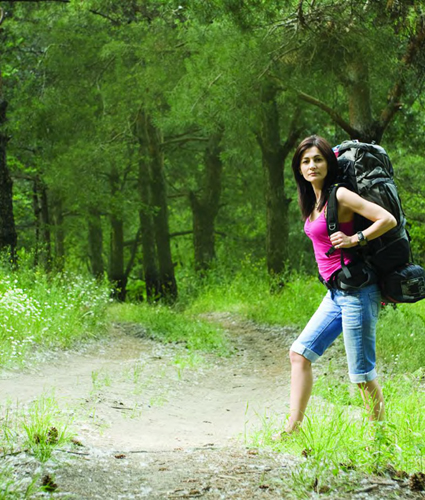
Boating
A track log can also be very helpful to boaters. Navigating a canoe or rowboat among small islands can leave a boater confused. Weather conditions such as dense fog or heavy rain might make it difficult to find the way back. But a boater who used his GPS would be able to find his way back to shore easily.
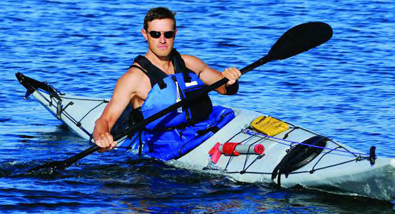
Fishing
Fishermen can use their GPS receivers to mark good fishing spots. Then, they can return to the same spot on subsequent trips, in the hopes of another good catch.
Navigating at Sea
Mariners and oceanographers use GPS data for underwater surveying and for marking hazardous locations. When a ship is at sea, knowing its speed, position, and heading helps sailors reach their destination safely.
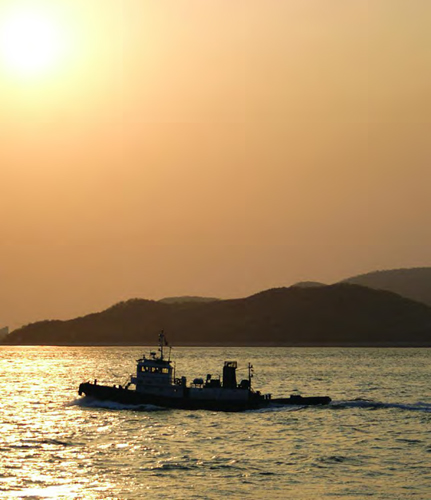
Outdoor Sports
Athletes, such as golfers and bicyclists, benefit from the Global Positioning System.Golfers use GPS to measure precise distances from their ball to the hole.
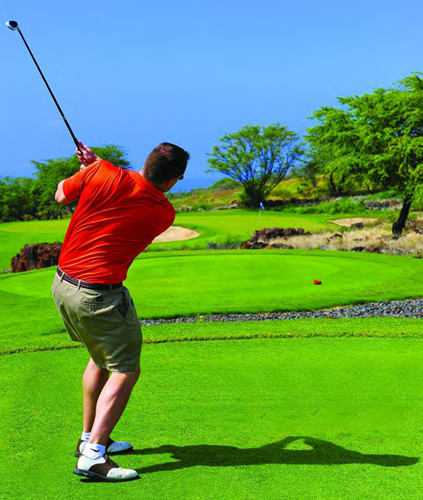 Knowing how far his ball must travel helps the golfer select the best club.
Knowing how far his ball must travel helps the golfer select the best club.
Bicyclists rely on GPS data for up-to-date information that maps might not contain. Paper maps can become outdated, but GPS receivers can upload information from the Internet and keep cyclists on the right path.
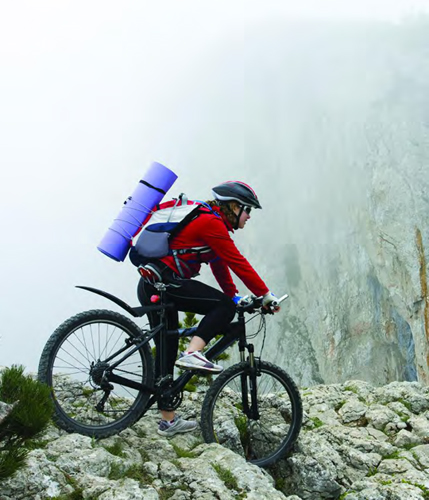 Mountain bikers share favorite trails on Internet websites so others can enjoy visiting the same spots.
Mountain bikers share favorite trails on Internet websites so others can enjoy visiting the same spots.